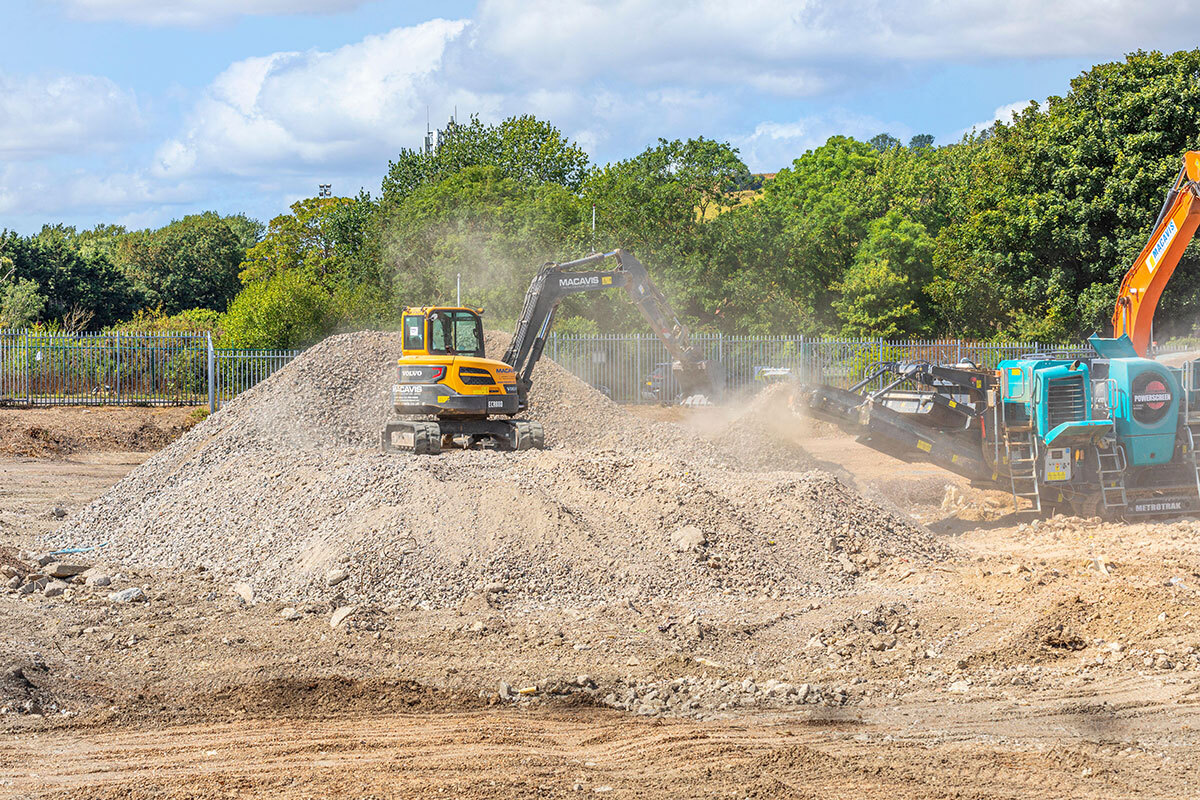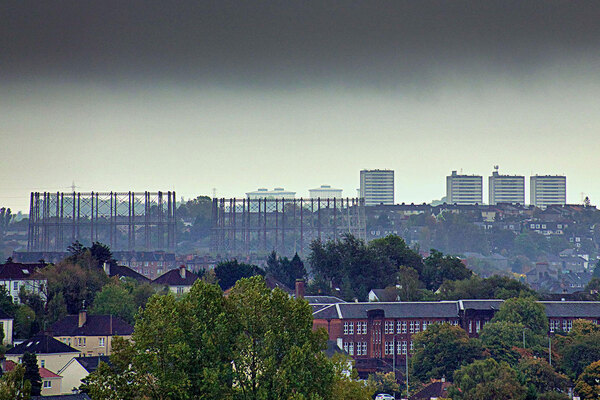Government consults on ‘brownfield passports’ to speed up planning approvals
The government has issued a call for evidence on ‘brownfield passports’, which aim to speed up planning approvals for urban sites such as car parks.
As signalled in the National Planning Policy Framework (NPPF) consultation, ministers want to introduce the passport to ensure that where proposals meet design and quality standards, “the default answer is yes”, and applications would be approved automatically.
The plans form part of the government’s target of delivering 1.5 million homes this parliament.
Alongside the call for evidence, the Ministry of Housing, Communities and Local Government published a working paper on the policy as the Labour Party Conference kicked off on Sunday.
According to the document, the passport would be more specific about the development that should be regarded as acceptable, with the default answer to suitable proposals being a straightforward “yes”.
“The proposals relate to the principle, the scale, and the form of development, and to the potential wider use of local development orders to grant area-wide permissions – all in a way that retains appropriate local oversight,” it said.
It said this would mean “being explicit that development on brownfield land within urban settlements is acceptable unless specified exclusions apply”.
“Those exclusions could, for example, include that there is no adverse impact in relation to flood risk and access that cannot be mitigated,” according to the document.
It said the government “has been clear that the first port of call for development should be brownfield land”.
“That means making the most of previously developed urban land – bringing derelict sites back into use, taking forward small sites which have been overlooked for too long, and seizing suitable opportunities to make better use of existing land and buildings, particularly where intensification supports local centres and brings improved accessibility and connectivity.”
The government’s consultation on changes to the NPPF comes to an end on 24 September.
It includes plans for the reintroduction of mandatory housing targets.
Sign up for our development and finance newsletter
Already have an account? Click here to manage your newsletters











